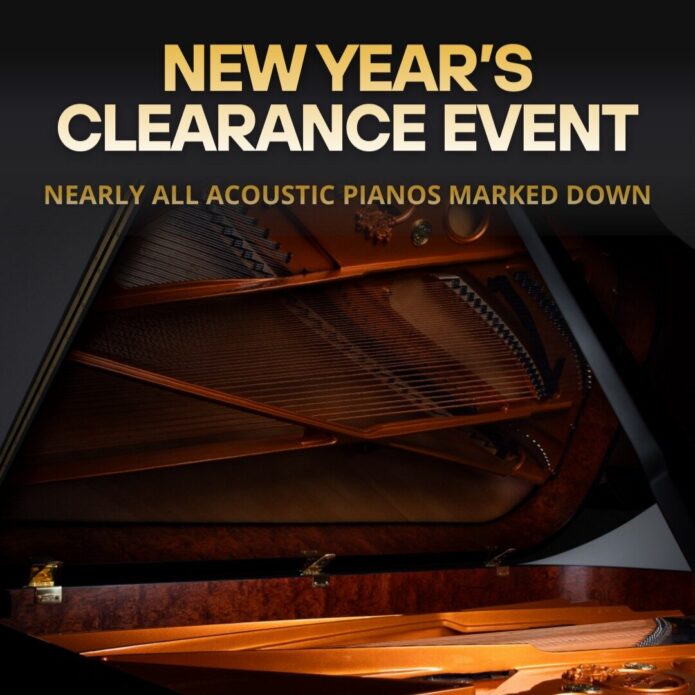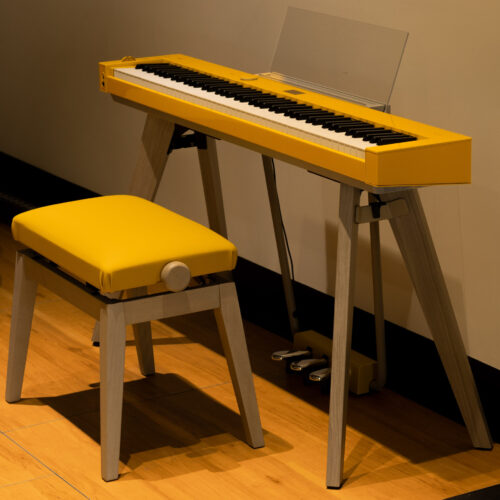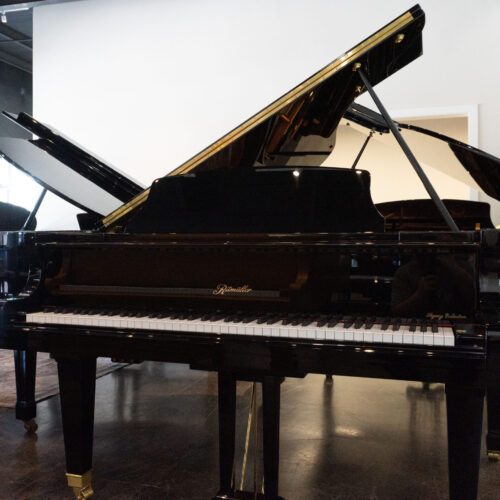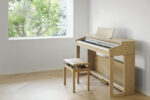The internet has made us all more aware of a lot of things when purchasing a new item. It can be helpful and sometimes a little confusing to people like myself who grew up with libraries and books. Buying a grand piano is a 50 year purchase. It should be loved as a family member and passed down as an heirloom. So when thinking of the family and something that you want to pass down, you want to make the right decision. There are certain things you should know when looking for a grand piano. The Who, What, and How’s.
Who am I buying the piano from? Is this a local company? Are they experienced? Do they have a track record? If you don’t know pianos, at least know your dealer. There are different levels of pianos and you want someone knowledgeable to explain the difference. When you look at the different levels, you want to ask about the name on the front. Does this company manufacture all three levels with the same standards, or does someone else actually make this piano? Sometimes we get wrapped up on where the piano is made. More important we should ask, who is actually behind making the piano. Quality and standards of the factory are more important than where it is actually made. There are good and bad products made all over the world.

What am I looking at? What size is this piano? What makes these two pianos the same size so much different in price? Grand pianos are manufactured in different levels.
Do not just go by the size but also look at the grade of piano you are purchasing. There are entry, mid-grade and concert level grand pianos. For instance, a concert series could be in the 5’3”-5’8” range. An entry level is normally 5’ in size, so if you are not careful, price can get mixed up with quality and how the piano is made. You need to consider the growth potential of your playing and where you are right now with your music. You don’t want to over buy, but will you really be at the same place in your playing 50 years from now? So you see, you don’t want to under buy either.
The most important thing when looking for a grand piano is the sound and touch. Does it feel good to the player and is the sound what you are “listening” for in a musical instrument. Play the piano, get to know it as a living thing. Then, have someone else play and you sit away from it and just listen to the tone. No two pianos will ever sound just alike. Why? This is so simple, you will laugh. It is because every piano is not made from the same tree. The wood the piano is made from will have a different tone for every piano. So play everything in the store! If you like the touch, but the sound is just not quite where you want it, you can always have the piano voiced to the sound your ears are listening for.
Purchasing a piano is a major decision. So ask about “who” represents and “who” manufactures the piano, “what” level am I looking at, and “how” does it feel and sound to you.











